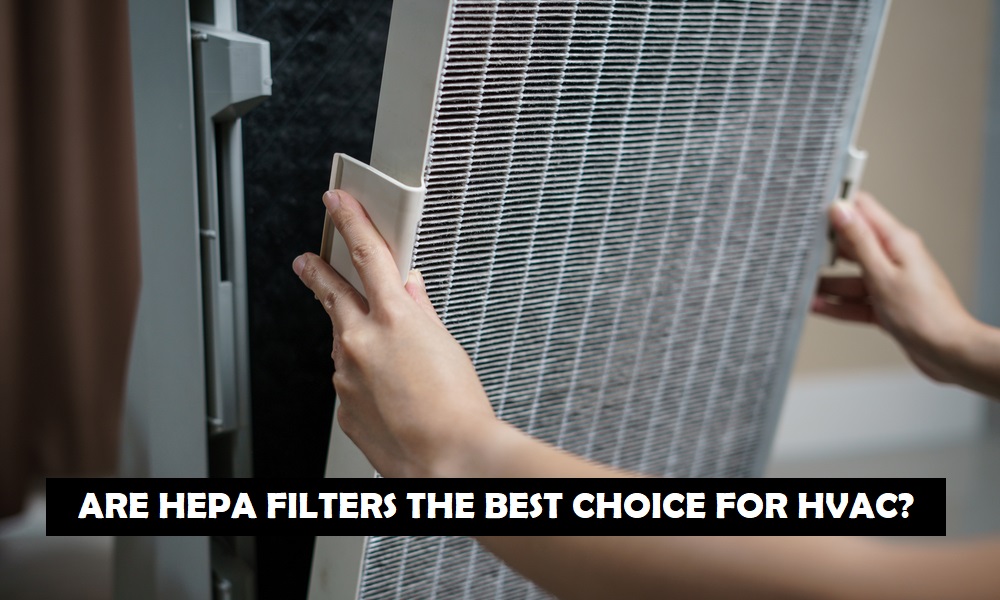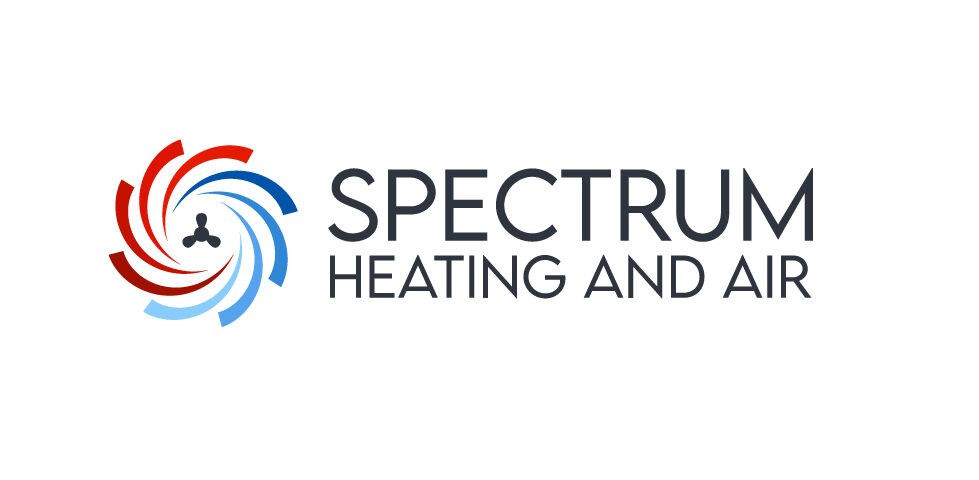In the ever-evolving realm of Heating, Ventilation, and Air Conditioning (HVAC) systems, the quest for pristine indoor air quality has risen to paramount importance. Homeowners and businesses alike now seek efficient methods to enhance the quality of the air circulating within their living and working spaces. Among the array of solutions available, High-Efficiency Particulate Air (HEPA) filters have garnered substantial attention. But can these filters genuinely claim to be the supreme choice for your HVAC system? This comprehensive article will delve deeply into the merits, demerits, and alternatives to HEPA filters, empowering you to make an enlightened choice.

Understanding HEPA Filters
What Are HEPA Filters?
HEPA filters, a pinnacle of air filtration technology, are meticulously designed to apprehend minuscule particles that might elude other filters. These filters excel at entrapping particles as tiny as 0.3 microns, encompassing dust, pollen, pet dander, and even some bacteria and viruses.
How Do HEPA Filters Work?
The magic of HEPA filters resides in their ingenious mechanism. They employ a trifecta of principles: diffusion, interception, and inertial impaction. Air is coerced through a labyrinthine network of fibers, and as particles traverse this maze, they are ensnared by the fibers, effectively purifying the air.
Advantages of HEPA Filters
Exceptional Air Filtration
Foremost among the advantages of HEPA filters is their extraordinary filtration prowess. They are virtuoso at removing an extensive array of airborne particles, culminating in cleaner and healthier air.
Allergy and Asthma Relief
HEPA filters are a boon for individuals grappling with allergies or asthma. By banishing allergens like pollen and pet dander, these filters bestow respite from symptoms, elevating overall well-being.
Augmented Indoor Air Quality
HEPA filters are instrumental in augmenting indoor air quality, a pivotal consideration for homes and workplaces. Pure air can translate into enhanced productivity, fewer sick days, and an overall elevation in comfort.
Limitations of HEPA Filters
High Initial Cost
The foremost limitation of HEPA filters is their initial expense. These filters tend to bear a heftier price tag than standard HVAC filters. Nevertheless, many users attest that the long-term benefits far outweigh this initial investment.
Regular Maintenance Required
To sustain peak performance, HEPA filters necessitate regular replacement and cleaning. Neglecting this essential upkeep can lead to a gradual decline in filtration efficiency over time.
Limited Coverage
HEPA filters thrive in smaller spaces. In larger areas, the need for multiple filters may arise to attain the desired level of air quality, which can potentially inflate costs.
Alternatives to HEPA Filters
MERV Filters
MERV (Minimum Efficiency Reporting Value) filters present a more budget-friendly alternative to HEPA filters. They are available in diverse ratings, offering varying levels of filtration. Although not as potent as HEPA filters, they still make a substantial improvement in air quality.
UV-C Air Purifiers
UV-C air purifiers harness the power of ultraviolet light to obliterate microorganisms such as bacteria and viruses. While these purifiers may not capture particles like HEPA filters, they excel in eliminating harmful pathogens from the air.
Electrostatic Filters
Electrostatic filters deploy an electric charge to magnetize and ensnare particles. Some models are washable and reusable, thereby mitigating long-term costs.
HEPA filters unequivocally stand as a stellar choice for HVAC systems, especially for those who prioritize air quality and contend with allergies or asthma. However, the investment may be steep initially, and regular maintenance is imperative. Depending on your specific needs and financial considerations, alternatives like MERV filters, UV-C air purifiers, and electrostatic filters also serve as effective air filtration solutions. Ultimately, the best choice for your HVAC system hinges upon a judicious evaluation of your unique circumstances and requirements.




